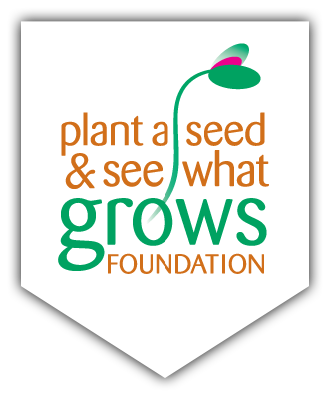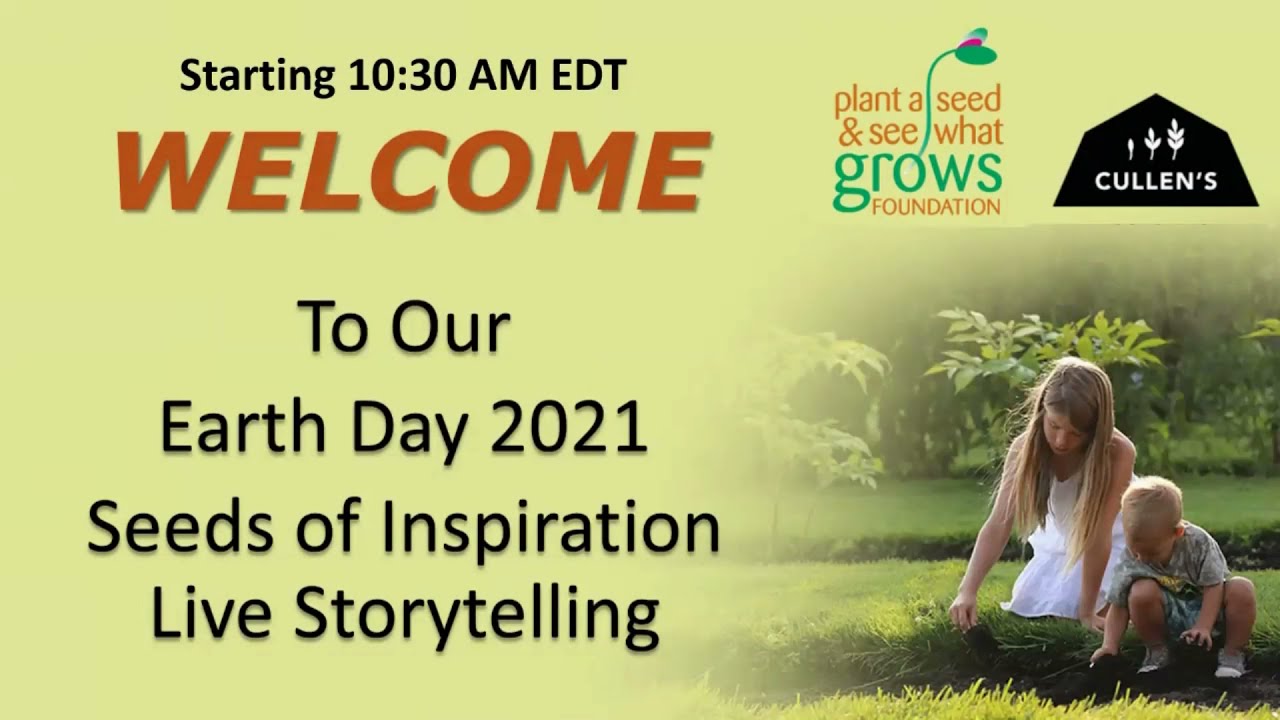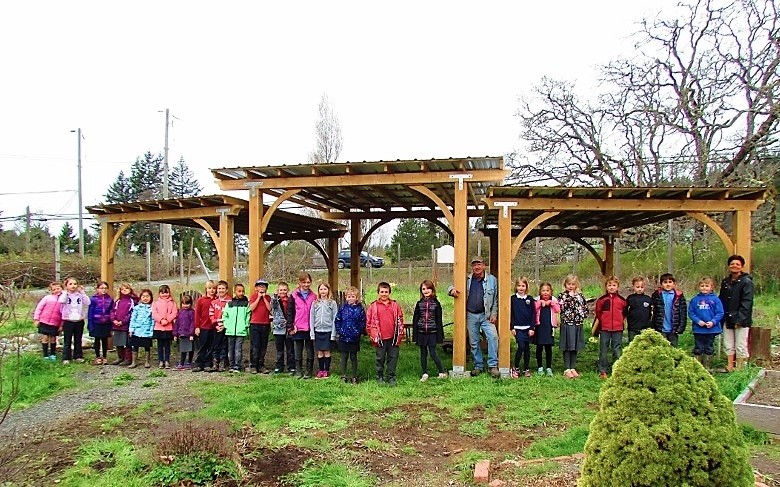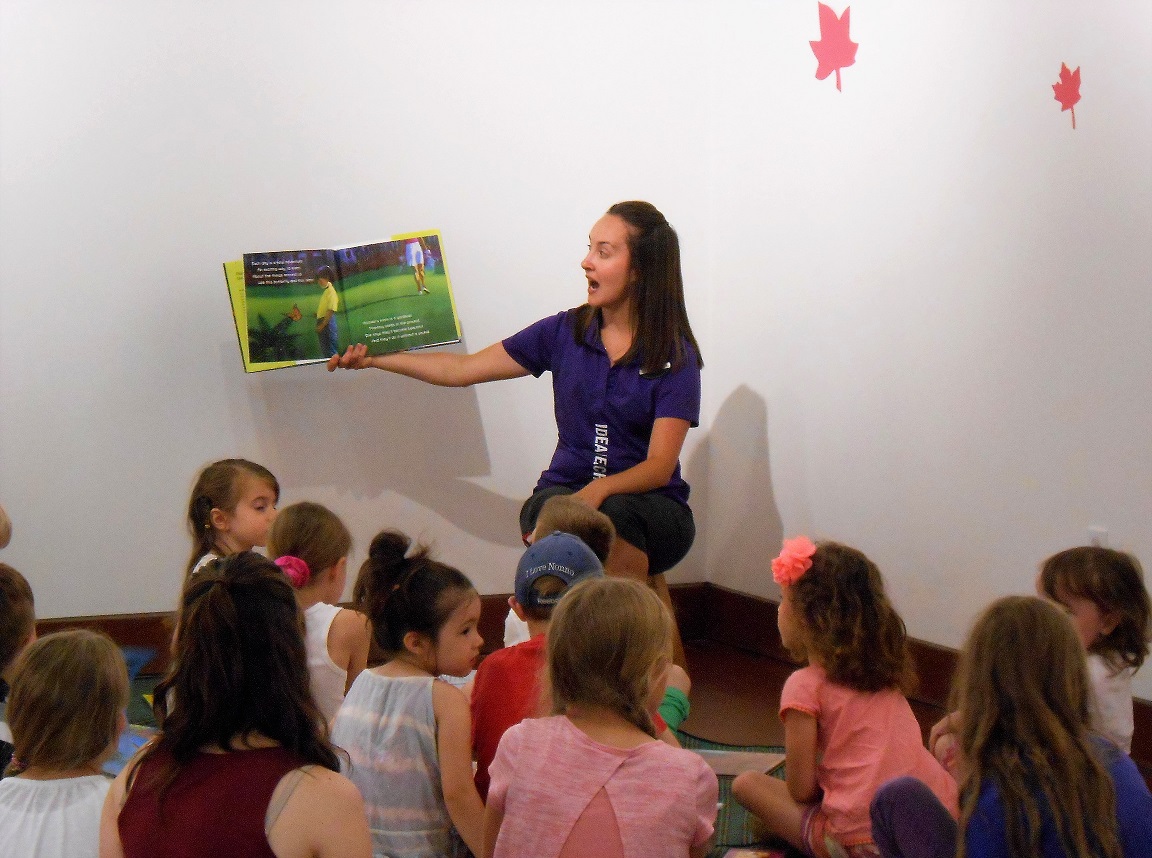How Gardening Can Help Manage Childhood Autism
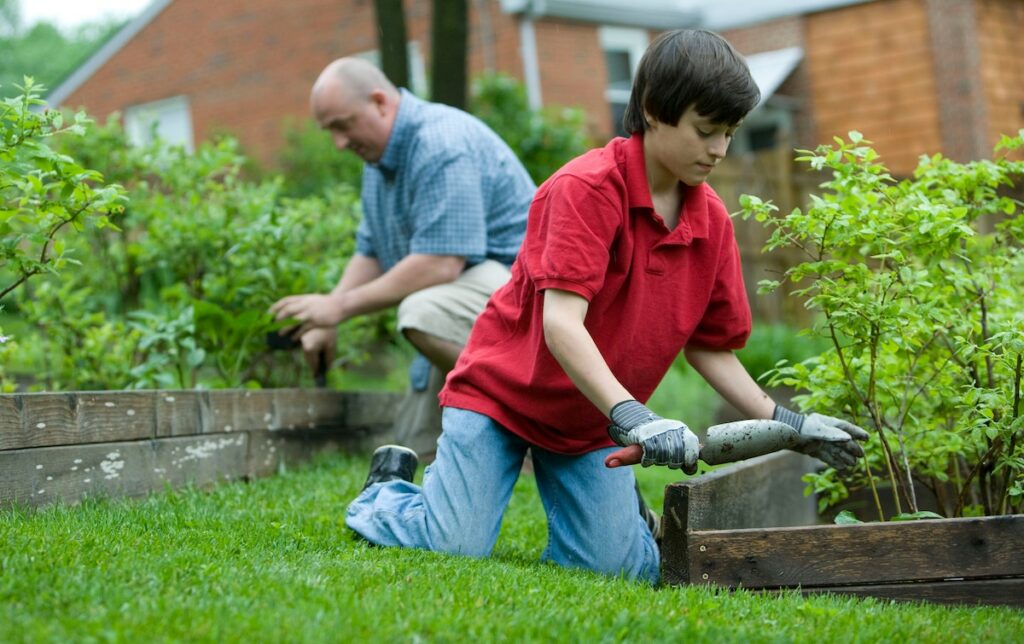
World Autism Awareness Day is on April 2. The United Nations international day of recognition is defined as such:
“The United Nations General Assembly unanimously declared 2 April as World Autism Awareness Day to highlight the need to help improve the quality of life of those with autism so they can lead full and meaningful lives as an integral part of society. Autism is a lifelong neurological condition that manifests during early childhood, irrespective of gender, race or socio-economic status. The term Autism Spectrum refers to a range of characteristics. Appropriate support, accommodation and acceptance of this neurological variation allow those on the Spectrum to enjoy equal opportunity, and full and effective participation in society.”
United Nations
It’s the final few words from the UN’s description of the annual event that have inspired us to weigh in with insight into how gardening may be instrumental in making a positive difference in the lives of children impacted by developmental challenge. Let’s review.
3 Ways Backyard and Community Gardening Can Help Your Child Thrive
It Could Be the Thing They Connect To
Children with autism, more appropriately known as autism spectrum disorder (ASD), typically become hyper-focused on a specific interest. This hyper-focus can be beneficial when the interest is a healthy one such as gardening, which could open the doors for them as a future horticulturalist or other related area of expertise. Gardening also aligns with their initial propensities to engage in solitary activity with inclinations to routines. But even if they don’t at-first develop a keen interest in gardening, there are very important reasons to encourage gardening as a part of a child’s activities. Please keep reading.
Can Help With Communication and Social Skills
Among the characteristics of ASD are challenges in social interactions and interpersonal communications. Gardening is a perfect activity that can be applied to help develop these skills at a rate that THEY are comfortable with. It’s ideal, because as addressed above, it begins as a routine solitary activity (that children with ASD usually have a propensity to enjoy). You can introduce gardening at home in the backyard, then eventually have your child manage a single plant bed (or grouping of plant beds) at a nearby community/school garden – at an arm’s length from others involved in the space. Over time, opportunities for your child (at their own pace) to interact with others involved in the garden will present themselves. Studies have consistently shown that community/school gardening can help children with developmental challenges evolve and grow their social and communication skills.
“Also known as horticultural therapy, autism gardening therapy has been shown to have a dramatic effect on individuals with autism, regardless of age […] Gardening offers therapeutic value for so many conditions, supporting optimal physical and mental health. By improving physical, social, sensory, and emotional health, gardening can also help improve symptoms of autism while encouraging the development of critical life skills.”
Gardening and Autism
Backyard Vegetables that Can Help Treat Autism
You already know that foods grown in an organic garden have a number of beneficial properties. Well, you can add the management of autism to the list of nutritional benefits. Research has shown that sulforaphane has positive effects on the treatment of autism spectrum disorder. Sulforaphane is found in cruciferous vegetables such as cauliflower, broccoli, kale, cabbage, collards, brussels sprouts, mustard, and cress. All of these can be grown in Canada’s moderate to cold weather climates. Meanwhile, studies back the application of anthocyanins (naturally occurring compounds abundant in blueberries and in other red fruits) in the treatment of several neurological diseases including autism. Look for fruits and vegetables that your child likes that contain Vitamin B6, Vitamin C, and magnesium. These three nutrients have shown to significantly improve symptoms in autistic individuals.
